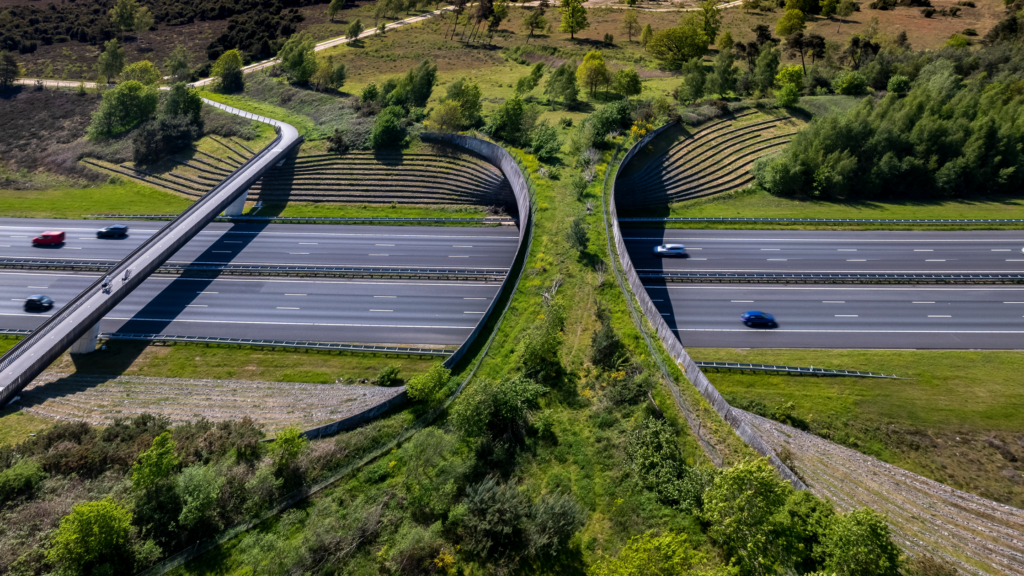The Michigan Department of Transportation (MDOT) has submitted a funding request to study wildlife crossing hotspots across the state. This initiative is part of an effort to reduce vehicle-wildlife collisions, which pose risks to drivers and wildlife. MDOT is seeking federal funds through the U.S. Department of Transportation’s Wildlife Crossings Pilot Program, a grant program designed to support state and local efforts to minimize vehicle-wildlife crashes.
The proposed study would identify high-traffic areas where wildlife commonly crosses roadways, with the goal of understanding where to implement measures such as wildlife crossings, underpasses, or fencing. These strategies have proven successful in other parts of the country, reducing collisions and allowing safer passage for deer, elk, and smaller species.

MDOT’s funding request highlights the importance of addressing this issue, as Michigan experiences a significant number of vehicle crashes involving wildlife each year. According to MDOT, more than 55,000 vehicle-wildlife collisions occur annually in the state, resulting in numerous injuries, property damage, and the deaths of thousands of animals. This initiative aims to create safer roads for Michigan residents while protecting wildlife populations.
Paul Ajegba, MDOT’s director, emphasized that the project would focus on areas most affected by these collisions. The department plans to collaborate with wildlife experts, local communities, and transportation authorities to develop effective solutions. MDOT hopes the study will provide data to inform future infrastructure projects designed to reduce these incidents.
The Wildlife Crossings Pilot Program is part of a larger federal initiative to enhance roadway safety and preserve biodiversity. With Michigan’s diverse wildlife and expansive road networks, the results of this study could set the foundation for broader efforts across the state. MDOT expects to begin the study in the coming year if the funding is approved.
MDOT has been working on roadway safety improvements for years, but this initiative marks the first focused attempt to address the issue of wildlife collisions through targeted infrastructure. The department remains optimistic that the funding request will be approved, allowing them to move forward with the project and implement solutions that will benefit both drivers and wildlife in Michigan.
This initiative reflects growing national attention to the issue of wildlife-vehicle collisions. States like Colorado and Montana have already implemented wildlife crossings and underpasses, which have reduced accidents. If successful, Michigan’s efforts could serve as a model for other states facing similar challenges.




1 comment